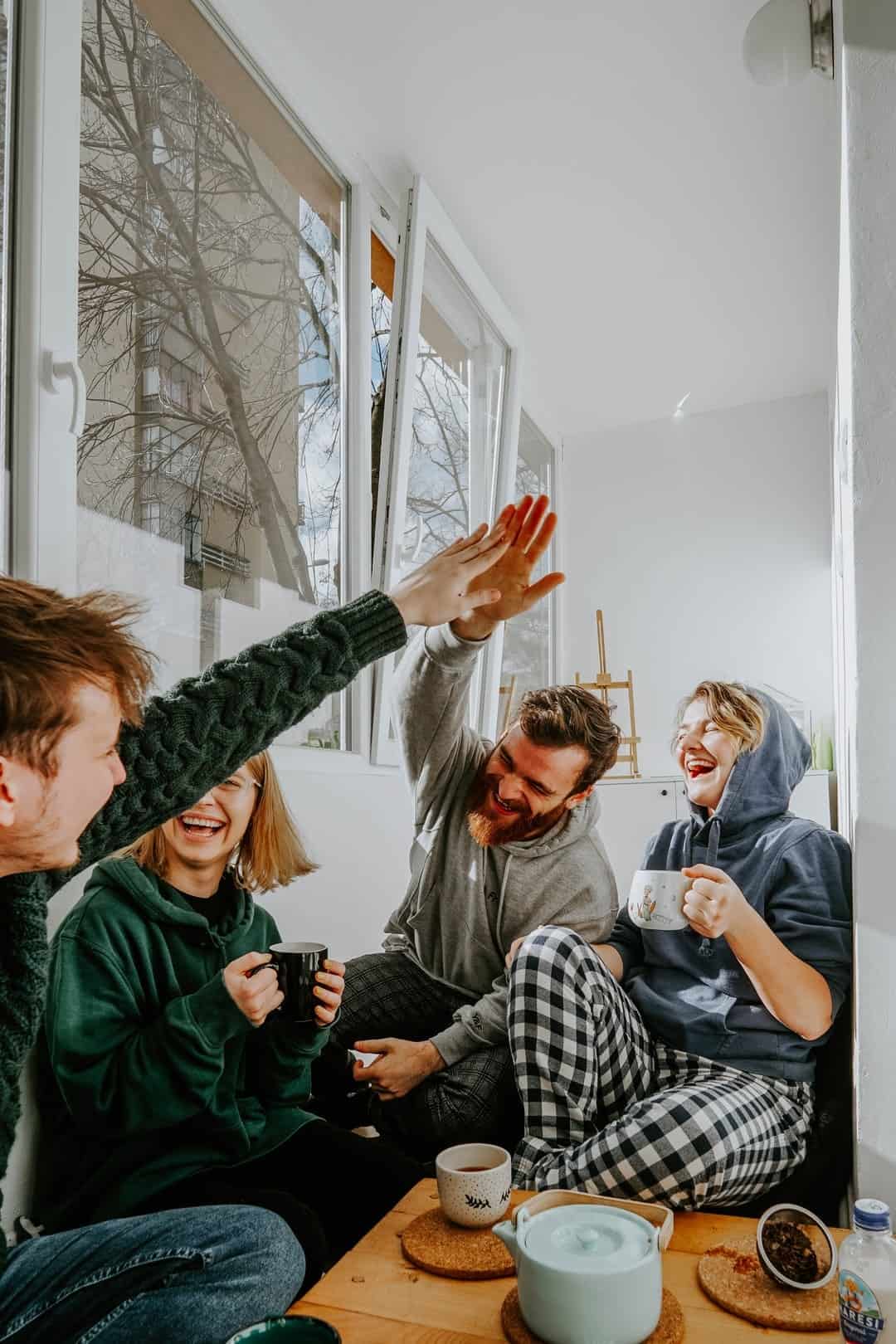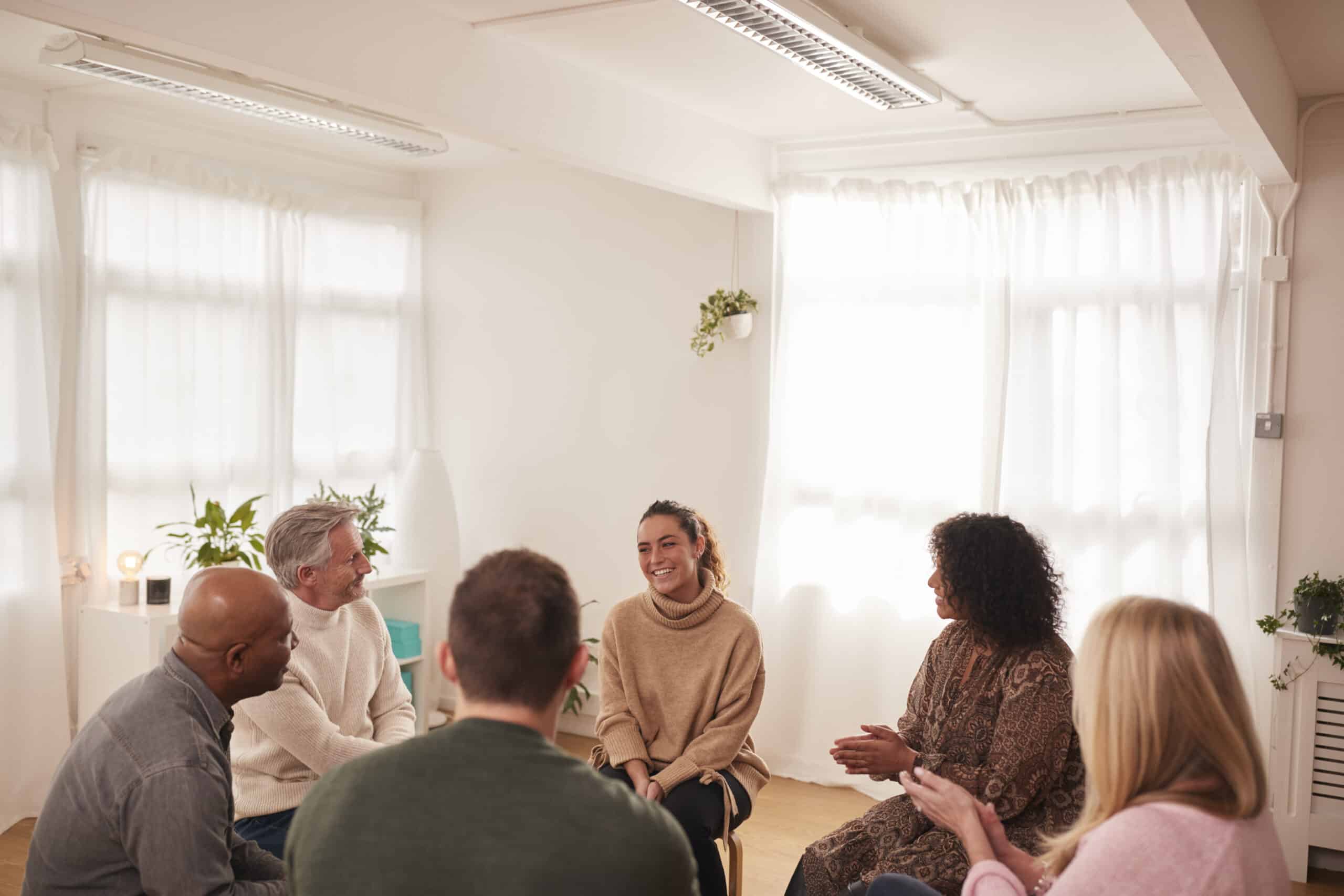Villa Oasis San Diego is a small treatment community. With only six beds, residents at Villa Oasis can enjoy the benefits of one-on-one attention and treatment during their stay. This article explains the many benefits of a small treatment community over your typical large facility, including personalized programming, whole-person healing, and the staff’s full attention.
Personalized Programming Just for You
Larger treatment facilities often have standard programming for all of their clients. This makes sense since they have an enormous amount of people they need to help. It’s harder to individualize care. There are many downsides to this. For one thing, every person is different. They have different needs, interests, and ways of thinking. What might work for one person might not work for another.
Smaller treatment centers can approach care based on the individual and what works for them. A smaller treatment center also has the ability to try new things because they have more time to discuss options and create a program that fits the individual.
Healing the Whole Person
Larger treatment centers might also only treat surface-level addiction. This ignores the fact that addiction is much more complicated than just symptoms of addiction. Not only is it common for addiction to co-occur with many different mental disorders, but addiction can also be a product of a person’s environment, self-image, financial situation, work, and interpersonal relationships. A larger facility doesn’t have the time to touch on these crucial details of a person’s life. After treatment at a larger facility, it’s common for people to enter the world without addressing the parts of their life that need work for them to stay sober.
The Full Attention of Staff
Our smaller treatment center means that our residents don’t need to fight for attention or worry about slipping through the cracks. We have as many beds as people on our staff, meaning there’s always someone who can help you. Smaller teams also allow you to form deeper connections with those who are helping you. If you’re someone who struggles to open up, you can get the time you need to build that trust.
Deeper Connections
The deeper connections with staff also translate into the deeper relationships you can develop with fellow residents. In addition, since there will be fewer people at our treatment center, you can develop authentic connections with people who know what it’s like to be in your shoes.
Villa Oasis is a group-oriented treatment center, meaning we utilize group activities as a main component of treatment. Sometimes group treatment can be overwhelming and intimidating, especially if the group has a lot of people that you don’t know. You might feel too shy to share. You might be afraid of many people judging or rejecting you and your story. You might feel more at ease in a smaller group because the threat is smaller. This, in turn, shortens the time it might take you to open up and build up the trust to share your experiences.
A Place That Feels Like Home
Another downside of larger treatment centers is that they feel more like a clinic and less like a home. The furniture feels uncomfortable, and the walls are bare. The people helping you might act more professionally. While this might be fine if you’re visiting the doctor’s office, it isn’t an ideal place for healing. A smaller treatment center can feel more like home.
The larger treatment centers need to spend more money on beds for the people serving instead of amenities and comfort. However, smaller treatment centers can create an environment that feels just like home. For example, Villa Oasis is fully furnished. Bedrooms are comfortable and decorated.
Smaller treatment centers also allow for a family-like environment. The deep connections that form can start to feel like familial connections. This can also help you feel more at ease. Staff in smaller treatment centers also tend to be more casual. Some people might prefer a professional atmosphere. For others, it can make them feel uncomfortable. This discomfort might make them reluctant to share their feelings and be honest about their life.
Stronger Alumni Support
When you leave Villa Oasis and enter the world of recovery, you need people who always have your back. We have a close alumni community that can offer you support when things become difficult after treatment. Recovery is a life-long endeavor, and it helps to have people you can trust that you can turn to in times of need. We stay in touch with our alumni and offer support long after treatment, ensuring that you don’t ever lose the deep connections you made here.
There are plenty of benefits that come with choosing a smaller treatment center over a larger one. If you’re seeking care for addiction and mental health, you should choose a treatment that cares about you as an individual and well as a whole person. By taking care of more than the surface-level symptoms of addiction, you’re more likely to heal and develop the tools necessary to stay sober after treatment.
We encourage you to look into the many ways that a smaller treatment center can help. If you’ve found yourself struggling to stay sober or don’t feel at home in other treatment centers, a smaller facility might be the best thing for you. Villa Oasis prides itself on being a small treatment center that can take the time to give you the best treatment possible. Call us today at (323) 739-8673.




